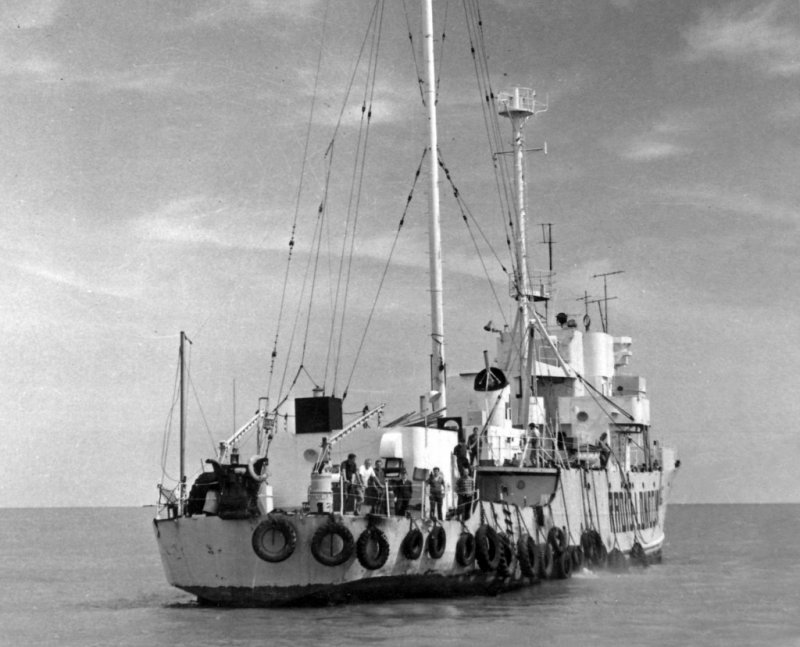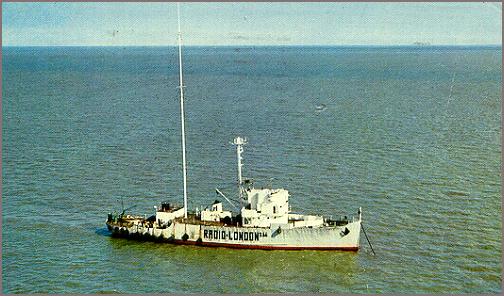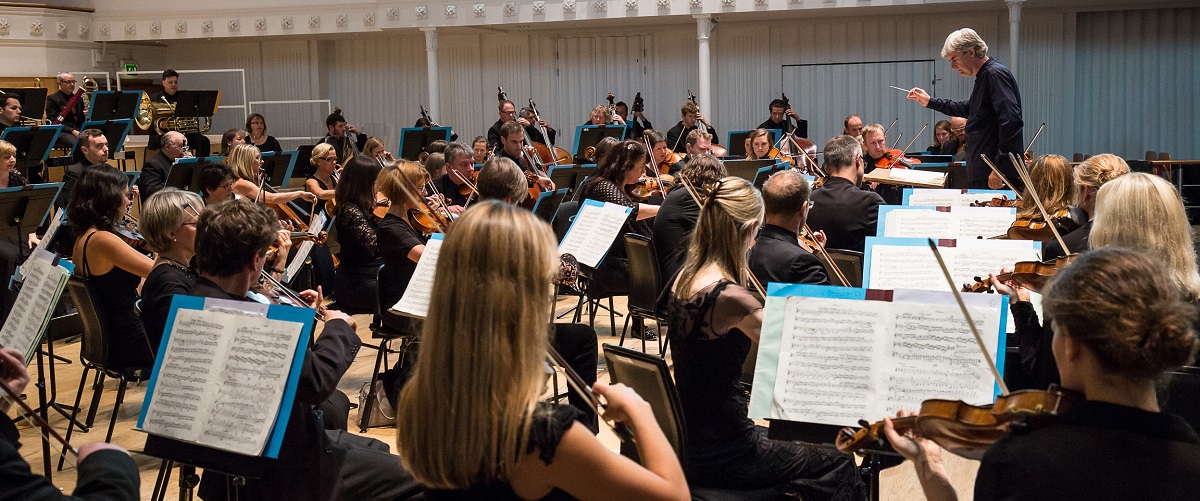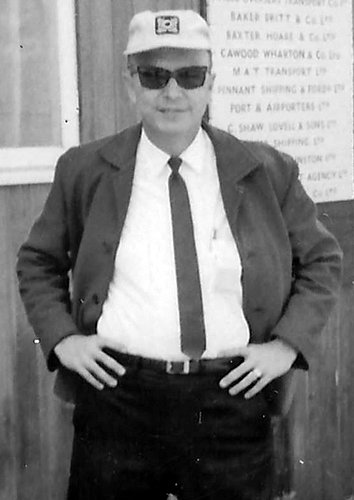Wonderful Radio London – Big L
25 June 2018



 History,Music,Short Factual Stories
History,Music,Short Factual Stories

Wonderful Radio London – Big L
This is the story of how a small radio station on a little ship off the coast of Essex came to change British Broadcasting for Ever
This is Wonderful Radio London where you’re hearing things
A popular Radio London ID
Radio London was the most popular and financially the most successful of all the pirate radio stations of the 1960’s. It built a huge audience and, despite broadcasting for less than three years, it left a lasting legacy as the station which brought format radio and jingles to Britain. This radio station became the template and the provider of most of the DJ talent for the BBC’s new music station, Radio One.
Audience Size
 Unverified claims exist that Radio London had 12 million listeners. If this is correct or anywhere near correct it is not difficult to understand the impact that this radio station had on British broadcasting.
Unverified claims exist that Radio London had 12 million listeners. If this is correct or anywhere near correct it is not difficult to understand the impact that this radio station had on British broadcasting.
Moored off the coast of Essex with its transmitters pointed at London, it built an amazing audience from just one part of the UK – essentially London, Essex, Hertfordshire, Surrey and Kent.
Today broadcasting to the entire UK, Radio One has around 5 million listeners and Radio Two has 9 million. Radio One even at its peak in the 1970’s could only manage around 10 million. So how did a little ship moored off the coast of Essex that was manned by a bunch of young and inexperienced radio presenters make such an impact?
New and Exciting
To British ears Radio London was new and it was exciting. It was radio like you had never heard before. It sounded fresh, exciting, accessible, friendly, fun and then there was the music … oh, the music! There was so much more of it and it was so much more relevant.
Unlike the BBC or any of the other pirate stations, Radio London, had come up with the fab-forty format of programming and a whole generation loved it. It was so completely different to programmes on the BBC; with Big L there was pop music served up with jingles, the like of which never before heard in the UK.
Listen here to the Jingles used on Radio London, “Big L”
These were made by PAMS in Dallas, USA who would also make Radio One’s first jingles
The BBC – an Internationally Respected Broadcaster
The BBC may be renowned around the world as a broadcaster but by the mid 1960’s it was failing a large proportion of its potential audience. The Question has to be asked, “Why”?
The answer is partially in its Middle-Class, Establishment and Rethian make-up which tells them that their role is to inform, educate and entertain. From this they are good at being reliable, fair, unbiased and largely truthful for which they are respected around the world especially when other broadcasters either obfuscate or are blatantly deceitful. But there is little in the BBC’s DNA about having fun! They are also ill-equipped at dealing with new concepts and trends.
Also in the 1960’s the BBC had an additional difficulty based on their dependence upon a number orchestras & ensembles which they had historically used to provide music to their listeners.
The BBC had founded in 1930 the BBC Symphony Orchestra as the first permanent salaried orchestra in London. By the 1960’s they had dozens more; the Northern Dance Orchestra, Midland Light Orchestra, BBC Big Band, Scottish Radio Orchestra, Concert Orchestra, Northern Singers and many others amounting to over 20 in total.
Maintaining all these orchestras and bands was expensive for the BBC. What made the BBC position even worse was their agreement with the Musicians Union. They were restricted in the amount of time that they could play records (known as Needletime) plus the Musicians Union was demanding that musicians should be paid royalties on music recorded by BBC orchestras when used for broadcast.
Thus by the early 1960’s, music programming at the BBC was not fit for purpose. This was the result of the BBC’s monopoly broadcasting position in the UK.
So by 1964, the BBC could not compete with independent or pirate stations that played the latest hits of the day by the stars of the day. The BBC was left making cover versions of the songs in the charts for their programmes.
Radio London -The Beginning
Radio London was the brain-child of a Texas businessman, Don Pierson. In 1964 he read a report in The Dallas Morning News about the UK pirate stations, Radio Caroline and Radio Atlanta that at that time were anchored off the south-east of England.
Pierson was struck by the fact that these two offshore stations were the only all-day commercial radio broadcasters serving not only in the UK but the most populous part of the UK.
As an entrepreneur, he compared the viability of numerous commercial stations then serving the population of his native Northwest Texas in comparison to just two stations serving the UK. To him it seemed that there was clearly a very viable commercial opportunity here.
He caught the next night flight to the UK, and on arrival chartered a small plane and flew over the two radio ships taking photographs. Having listened to the output of Radio Caroline, Pierson returned to Texas certain that he could create a station that would be bigger, better and more appealing.
His original plan was for the station to been called Radio KLIF London, using recorded programmes from the Dallas radio station, KLIF 1190. However it was decided that the station needed to broadcast live and be geared towards a British audience and British culture. Pierson, therefore, hired Ben Toney as Programme Director and Philip Birch was appointed CEO in charge of the radio station and its advertising sales.
Birch suggested Radio Galaxy as the station name in expectation of its star-making ability. After further consideration it was greed that Galaxy would be used as the name of the boat and the station itself would be called Radio London.
However, PAMS, the Dallas company hired to produce jingles for the station further refined the name and it became known as Wonderful Radio London and Big L.
A former Second World War US Navy minesweeper called USS Density was acquired and renamed the MV Galaxy. It was fitted out for radio broadcasting in Miami and then sailed across the Atlantic to the Azores, where the antenna was erected, before being stationed off the Essex coast. This operation was overseen by one of the other investors, Tom Danaher.
Listen here to Tony Blackburn presenting the Breakfast Show on Radio London
The phrase, “Wonderful Radio London” was to become “Wonderful Radio One”.
The question still remains, were the Pirates shut down to save the BBC rather than the nefarious excuses used at the time including danger to shipping, jamming airwaves etc.
Britain’s Pirate Radio Revolution
Watch a short film documentary made at the time in colour about Radio London




Leave a Comment
You must be logged in to post a comment.